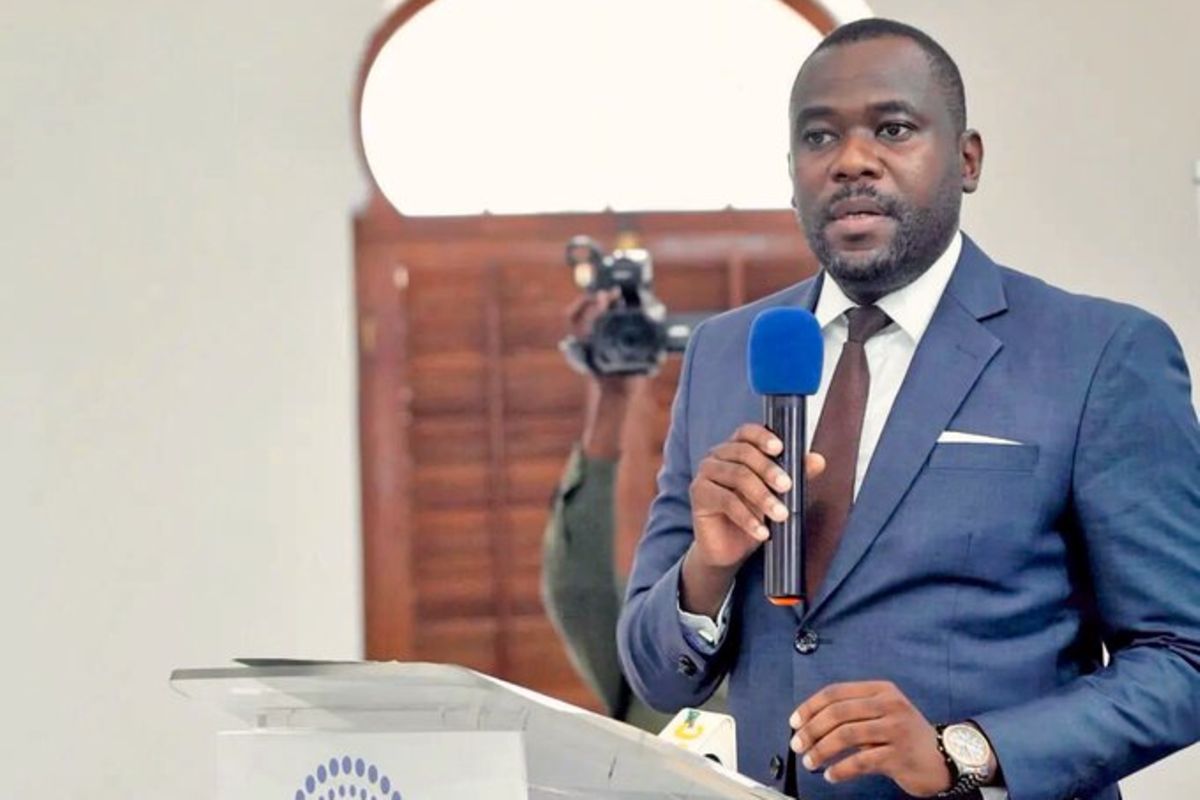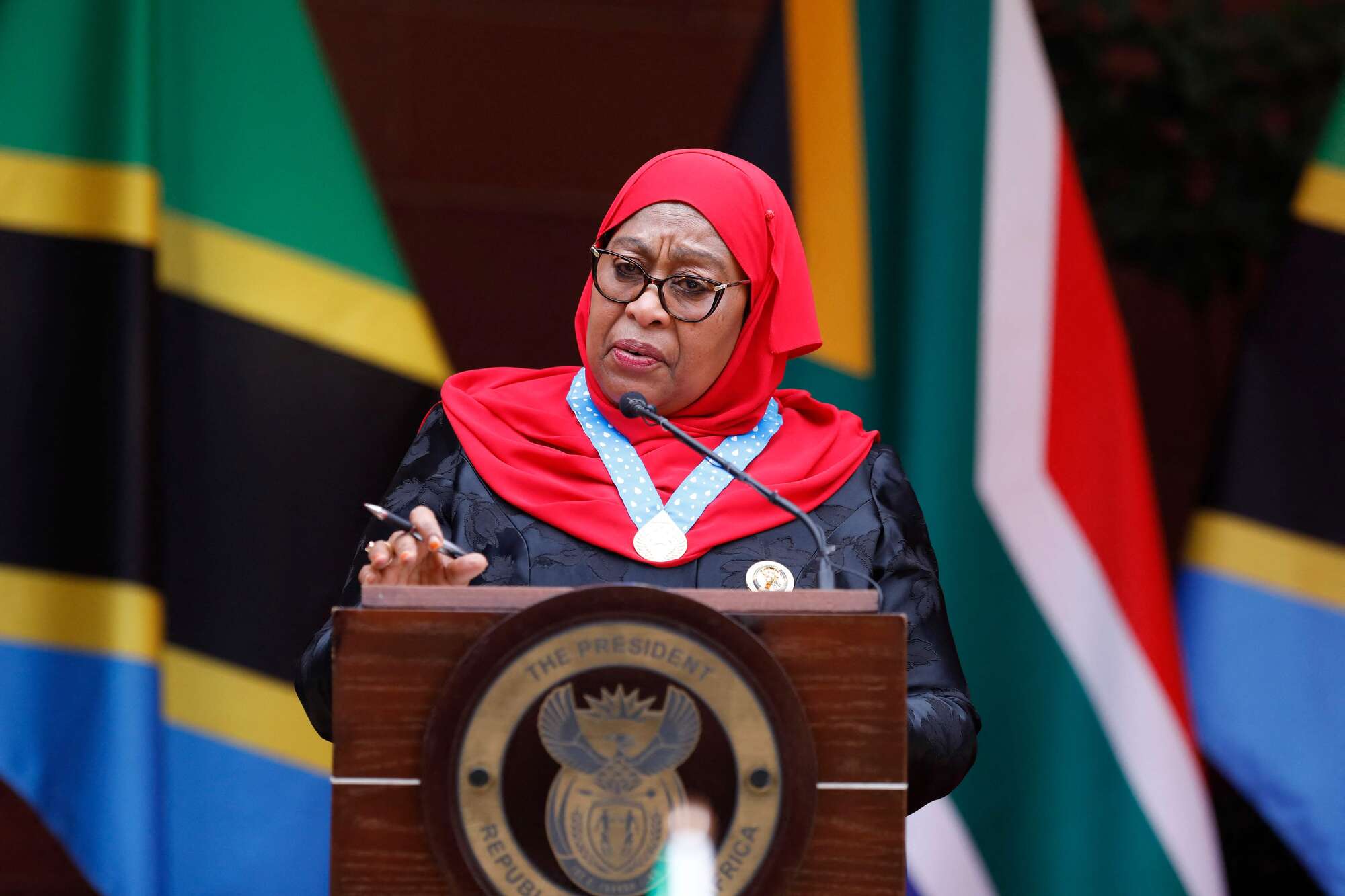Unguja. Serikali ya Mapinduzi ya Zanzibar imetangaza kima cha chini cha mishahara kwa sekta binafsi, kikipanda kutoka Sh300,000 hadi kufika Sh347,000.
Akitangaza viwango hivyo jana, Waziri wa Nchi Ofisi ya Kazi, Uchumi na Uwekezaji, Mudrick Ramadhan Soraga alisema viwango hivyo vitaanza kutumika Aprili mwaka huu.
Alisema hatua ya kupandisha viwango hivyo vya mishahara imekuja baada ya kushauriana na bodi ya ushauri ya mambo ya mishahara inayojumuisha Serikali, Jumuiya ya Waajiri (Zanema) na Shirikisho la Vyama vya Wafanyakazi Zanzibar (Zatuc).
Soraga alisema kwa muda mrefu Zanzibar ilikuwa haijabadilisha kima cha mshahara kwa sekta binafsi, ambapo kiwango kinachotumika hivi sasa ni cha mwaka 2017, huku kukiwa kumetokea mabadiliko mbalimbali ya kiuchumi, ikiwamo kupanda kwa gharama za maisha.
“Tayari imeshatangazwa kwenye gazeti la Serikali, hivyo kwa mamlaka niliyopewa na sheria ya ajira namba 11 ya mwaka 2005 kifungu 96 nachukua fursa hii kutangaza rasmi kutumika kima cha chini cha mishahara wa sekta binafsi kuanzia Aprili,” alisema Soraga.
Alisema wafanyakazi wenye ajira ya mkataba wa kudumu na wa muda kima cha chini kimepanda kutoka Sh300,000 hadi kufikia Sh347,000.
Wafanyakazi wa majumbani ambao wanalala kwa waajiri wao watalipwa Sh100, 000 kutoka Sh80,000 na wafanyakazi wa majumbani wanaokwenda na kurudi majumbani kwao watalipwa Sh120,000 kutoka Sh80,000 ya awali.
“Viwango kwa wafanyakazi wenye hadhi ya mkataba wa kutwa wenye ujuzi na wasio na ujuzi havikubadilika, vitabaki kama vilivyo ambapo kwa wenye ujuzi watalipwa Sh30,000 na wafanyakazi wasio na ujuzi watalipwa Sh25,000 kwa kutwa,” alisema.
Pia, alisema baada ya kuzingatia mambo mbalimbali na masilahi ya Taifa kumekuwa na kiwango kipya kwa wataalamu wa kigeni, ambapo kuanzia sasa wageni wote wanaoajiriwa nchini kitakuwa ni Dola za Marekani 1,000 kwa mwezi.
“Naomba uamuzi huu upokelewe na utekelezwe kama ulivyoelekezwa na mamlaka za usimamizi zinaendelea kusimamia agizo hili kwa taasisi,” alisema.
Akizungumza kuhusu hatua hiyo, Kaimu Katibu Mkuu wa Zatuc, Ali Salim alisema licha ya kiwango hicho kuwa kidogo, hakuna namna ya kufanya maana tayari uamuzi umeshatolewa.
Alisema katika mchakato wa kupitia viwango hivyo walipendekeza kiwango cha chini cha mshahara kiwe Sh600,000 kutokana na hali halisi ya kupanda kwa gharama za maisha, lakini kwa sababu imepitishwa kiasi hicho lazima wakubaliane nacho.
“Haya mapendekezo yanapitia kwenye bodi, tulijadiliana tukavutana lakini ndio hivyo mwisho wa siku lazima kuwe na muafaka na ikishafika mnakubaliana, kwa sababu tayari uamuzi umeshatolewa hakuna njia nyingne,” alisema.
Naye Salim Othman, ambaye ni mtaalamu wa uchumi alisema mshahara mzuri ni muhimu kwa kila mfanyakazi, mbali na kupata mahitaji yake na familia, huleta motisha na kuongeza ari ya kufanya kazi.
Kwa mantiki hiyo, alisema kiwango hicho bado ni kidogo ikilinganishwa na hali halisi ya maisha ilivyo kwa sasa, hivyo kutaka jambo hilo liangaliwe kwa umakini.
“Hii mishahara inatumia muda mrefu kupanda, kwa hiyo inapochelewa tukumbuke kuna mambo mengi katikati yanatokea, kwa hiyo viwango hivi vingekuwa vinapandishwa kila wakati,” alisema.
Aidha, kwa upande wa Tanzania bara Serikali ilitangaza nyongeza ya kima cha chini cha mishahara kwa wafanyakazi wa sekta binafsi Desemba mwaka jana, ambapo kima cha chini mfanyakazi wa migahawani na nyumba za kulala wageni ni Sh150,000 kwa mwezi.
Wafanyakazi wa hotelini Sh180,000, hoteli za kitalii Sh300,000, mfanyakazi wa kazi za ndani ambaye haishi na mwajiri atalipwa kuanzia Sh120,000, wasio katika kundi hilo watalipwa Sh60,000 kwa mwezi, huku wafanyakazi wa kazi za ndani walioajiriwa na wanadiplomasia na wafanyabiashara wakubwa wakilipwa kima cha chini cha Sh250,000.
Katika hoteli kubwa za kitalii, mfanyakazi atalipwa kima cha chini Sh300,000, hoteli za kati Sh180,000, huku katika kampuni kubwa za kimataifa na huduma ya ulinzi wakilipwa Sh222,000 na wa kampuni ndogo wakilipwa Sh148,000.
Wafanyakazi wanaofanya kazi za kutoa huduma za utoaji mizigo na usambazaji watalipwa kima cha chini cha mshahara Sh360,000, ilhali wale wanaofanya kazi katika huduma za usafiri nchi kavu watalipwa Sh300,000.
Source: mwananchi.co.tz














